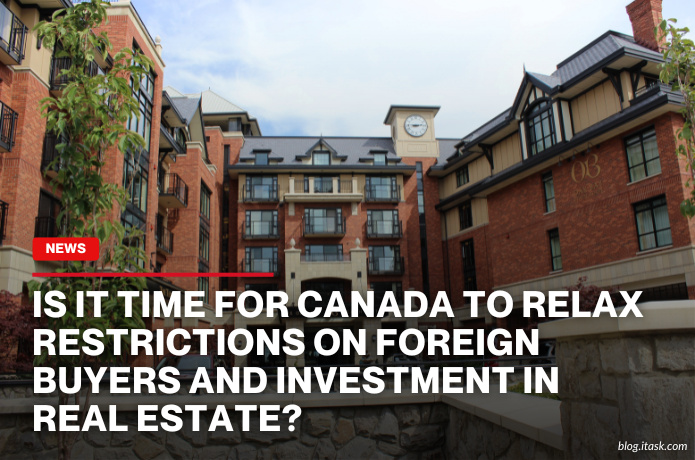Is it time for Canada to relax restrictions on foreign buyers and investment in real estate?
Is it time for Canada to relax restrictions on foreign buyers and investment in real estate?

Canada's ban on foreign homebuyers, introduced in January 2023 and extended to 2027, aimed to cool the housing market and improve affordability. However, recent analyses suggest that the policy has had minimal impact on housing prices and availability. Royal LePage reported that the ban has "virtually no impact" on housing prices, as foreign buyers constitute a small fraction of the market.
The government's rationale was to prevent foreign investments from inflating housing prices, particularly in urban centers like Toronto and Vancouver. Yet, data indicates that non-resident ownership accounts for only about 2% to 6% of residential properties. Economists argue that the primary issue lies in the insufficient housing supply to meet the demands of a growing population.
Critics also highlight unintended consequences of the ban. The policy has created uncertainty among developers, potentially deterring both foreign and domestic investments in new housing projects. This hesitancy could slow down the construction of much-needed homes, further exacerbating the affordability crisis.
Moreover, the ban has had a chilling effect on the real estate market, particularly in the luxury segment. While intended to curb speculative buying, it has also discouraged legitimate investments that contribute to housing development. The luxury market, often targeted by foreign investors, has seen a decline in activity, but this has not translated into increased affordability for average Canadians.
Public opinion remains divided. A RE/MAX survey found that 54% of Canadians believe the ban will improve housing affordability. However, experts caution that without addressing the core issue of housing supply, such measures may offer only temporary relief. The Canadian Real Estate Association and other industry voices advocate for policies that encourage the construction of new homes to meet demand.
In light of these findings, policymakers may need to reconsider the efficacy of the foreign buyer ban. Focusing on increasing housing supply and creating a stable investment environment could be more effective strategies for addressing Canada's housing challenges.
